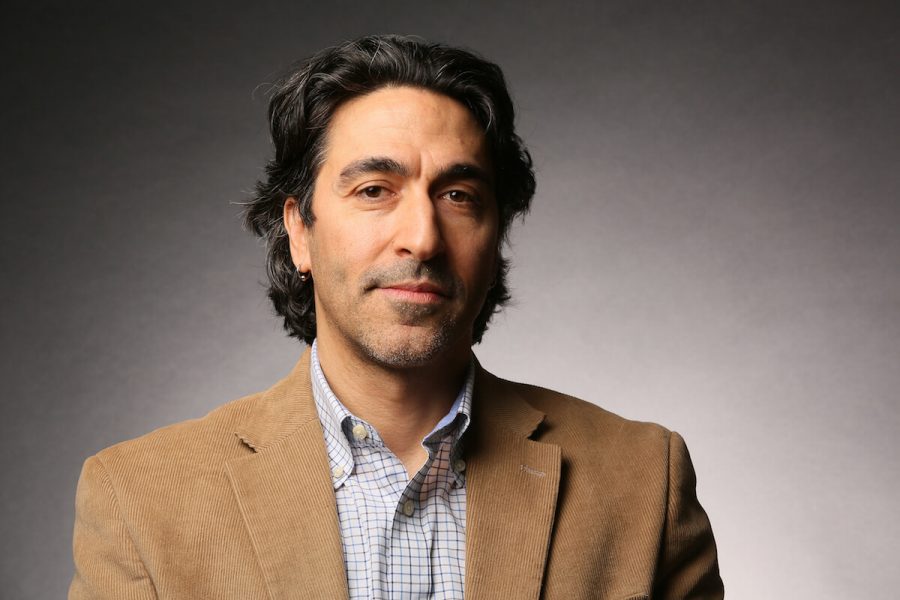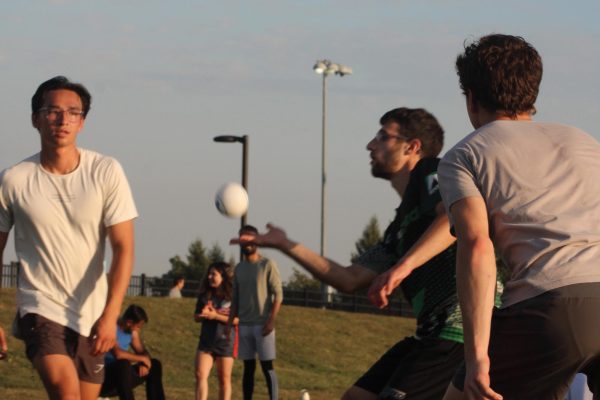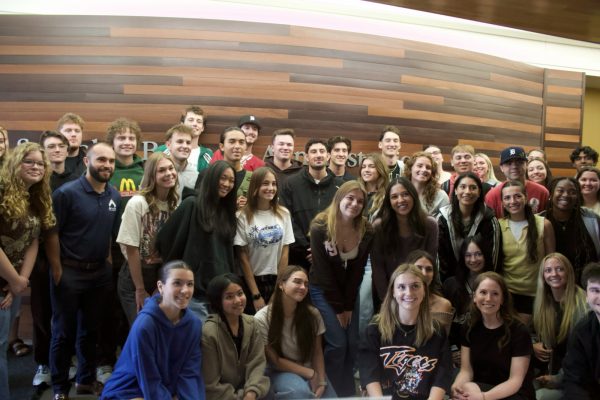Dr. Stephen Sheehi explores Islamophobia, American institutional racism
Dr. Stephen Sheehi virtually visited Oakland University to discuss racism in America. He focused on the unfair treatment of Black and Muslim people.
On Thursday April 1, guest speaker Dr. Stephen Sheehi explored Islamophobia in America via a zoom conference presented by Oakland University’s Center for Public Humanities.
Sheehi is the Sultan Qaboos Professor of Middle East Studies and Director of the Decolonizing Humanities Project at William & Mary University. He is an active member of the Palestinian solidarity and BDS movement. An activist for racial and economic justice, Sheehi has authored multiple works such as “Arab Imago: A Social History of Portrait Photography, 1860-1910” and “Foundations of Modern Arab Identity”.
During the presentation, which was funded by the Hajja Razia Sharif Sheikh Endowment for Islamic Understanding Programs, Sheehi emphasized that fabrication of evidence and targeting of people of color has been a pattern in policing for years.
“The role of official reports which are grossly racist and demonizing are used to profile Black-Americans and Muslims by federal, state and local law enforcement to justify the entrapment and surveillance of them,” Sheehi said.
He discussed how the integration of Islamophobia and racism in American is due partly to political policing and institutional methods.
“In order to radically think about the relationship between police violence against black people, about the vagaries of Islamophobia within that racist institutional police brutality and the ways in which Islamophobia and anti-Arabness work in service of anti-black structures,” Sheehi said.
Sheehi explained that Islamophobia can be seen as being used as a supplement by white institutions as a means of forwarding anti-Black ideology.
“Islamophobia is motivated specifically by the radicalization of Islam within the context of anti-black racism,” Sheehi said. “Islamophobia serves as a socially acceptable refuge to cultivate and expand white supremacy.”
Another important note made by Sheehi was the security state of America focusing primarily around and creating a legislature that targets middle eastern groups for terrorism, but not large neo-white groups that actively voice messages of violence against minorities.
“I am linking the expanded authority of white supremacy legal, political and ideological systems that has resulted in the murder of Black people by hyper-infrantized in militarized police with the accepted legitamacy of Islamophobia as a mode of organizing political society,” Sheehi said.
Racial tropes of Muslim and Black communities, as Sheehi explains, were created as sterotypes in order to target minority groups. He pointed out some important documents that have led to the targeting of middle eastern and Black communities, especially in urban areas on the east coast like New York.
“The premise of the report [NYPD report: Radicalization in the West] states that any location where muslims live, socialize, learn, pray and organize constitutes a radicalization incubator,” Sheehi said. “Within this associative process in connecting the muslim threat to the black threat a powerful political, historical and material link became clear.”
Sheehi wanted to enforce the understanding behind the inherent minority class and system in America.
“It is only obvious that the muslims and Black-Americans are collapsed in order to justify surveillance of Muslim-Americans and black-Americans,” Sheehi said.
Briefly, both Sheehi and the Department of Humanities wanted to acknowledge the current hate crimes going on against the Asian-American communities and hoped that understanding institutionalized racism would further the fight against it.






